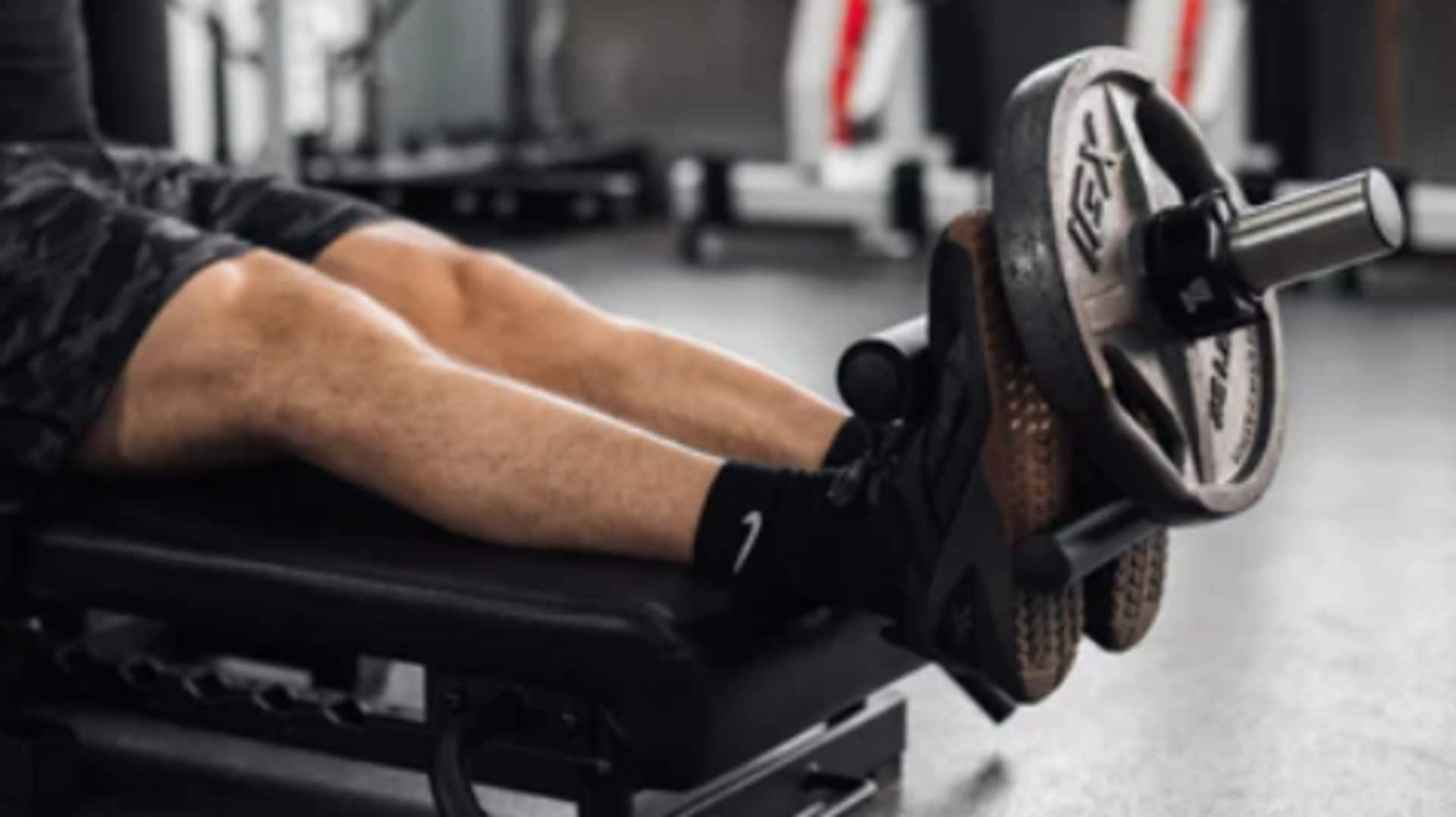
Tibialis raise workouts: Benefits and how to perform
What's the story
Tibialis raise workouts are getting popular for their ability to build resilience and strength in the lower legs. These exercises focus on the tibialis anterior muscle, which is essential for stabilizing the ankle and supporting overall leg function. By including tibialis raises in your routine, you can improve balance, prevent injuries, and enhance athletic performance. Here's a look at how to do tibialis raise workouts.
Muscle focus
Understanding the tibialis anterior muscle
The tibialis anterior muscle is situated at the front of the shin and is important for dorsiflexion of the foot. Strengthening this muscle can help improve walking efficiency and reduce strain on other parts of the leg. Regularly engaging this muscle through targeted exercises can lead to better posture and reduced risk of common injuries like shin splints.
Workout advantages
Benefits of tibialis raise workouts
Tibialis raise workouts are not only about building muscle; they have other benefits too. By improving proprioception (your body's ability to sense movement within joints), they lead to better balance. These exercises may also help you recover faster from lower leg injuries by increasing blood flow and flexibility.
Exercise technique
How to perform tibialis raises correctly
To perform a tibialis raise, stand with your back against a wall for support. Lift your toes towards your shins while keeping heels on the ground. Hold the position briefly before lowering toes back down. Repeat for several repetitions, ensuring controlled movements throughout each set to maximize effectiveness without straining muscles.
Routine integration
Tips for incorporating into routine
Incorporate tibialis raises into your workout routine two or three times per week as part of a comprehensive leg strengthening program. Start with one or two sets of 10 repetitions each session, gradually increasing as strength improves over time, ensuring not to overexert initially, which could lead to discomfort or injury.